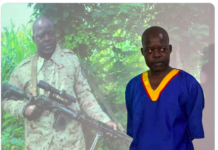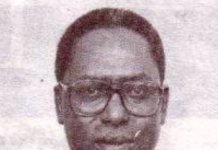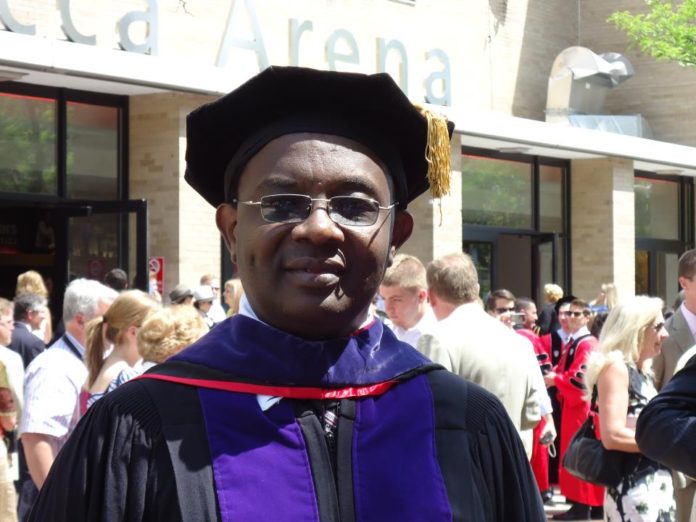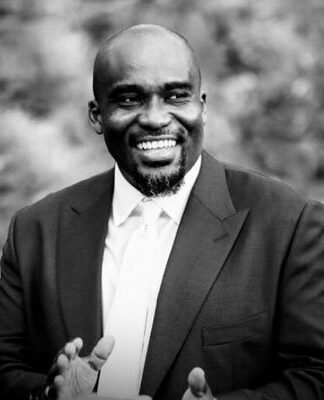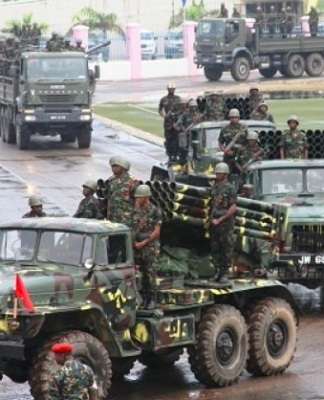Gender equality means equal visibility, empowerment, responsibility and participation for both women and men in all spheres of public and private life. It also means an equal access to and distribution of resources between women and men.
Complying with Human rights obligations, is the key to achieving gender equality; they are rights of the individual in relation to the authorities of a country, and it is the authorities’ responsibility to ensure that these rights are protected. The realization of human rights thus provides protection against the abuse of power and gender inequality which is a fundamental tenet of a democratic society.
Although, Rwanda claim to have a big number of women in decision making bodies, this is a myth. Rwandan authorities abuse human rights, gender equality is far from being a reality, and gender gaps persist in many areas by maintaining men in their traditional roles. The authorities created a myth on something that advanced countries have spent more these 50 past years fighting for, and much is still to be done! Though, it is ironic to see how the international community goes along with Myth!
First of all, it is absurd to say that Rwanda has achieved Gender Equality without looking how Gender Roles are associated to individuals in the Rwandan society; assuming of course that we know that Gender and Sex are two different concepts not be confused! Let us by now focus on Gender Roles which give individuals indications about what sort of behavior is believed to be appropriate for a certain sex, in a certain society.
Gender is not only about women; is about women and men as one is not born a woman or man , but made into a woman or man. Therefore, gender itself is not a fixed state, but constantly and actively under construction.
-
Gender refers to socially constructed and widely shared ideas, expectations, norms and values about women and men;
-
Gender interacts with other differences (diversity), such as class, ethnicity, race, age, religion and sexual preference, to create relations of dominance and subordination.
Gender roles are often discussed in terms of an individual’s gender role orientation, the Rwandan society is typically described as traditional gender role orientation. This is a gender role orientation that emphasizes on differences between men and women and assumes that each sex has a natural affinity to particular behaviors. Rwandans maintain a traditional gender role orientation which is influenced by the rules of the generations that came before them, most of which are based on ethnicity ideology which is the barrier to the equality between Hutus and Tutsis.
Even though the authorities claim to have abolished ethnic groups, which is another myth; it is false in all case scenarios: In “I am Rwandan” ideology; young Hutus are forced to ask for forgiveness in the name of those who committed genocide crimes. Young people should be correcting the mistakes of the past, not apologizing for the past that they were not a part of. So, how could a person say that there isn’t ethnic differences in Rwanda but in the next morning ask persons with an identity that doesn’t exist to apologize? Assuming that this was abolished, how could they identify people without having a systematic plan to that?
This takes us back to reconciliation, commemorating, mourning and justice in Rwanda. Through memorialisation, post-conflict societies remember their violent past, mourn their dead and strive towards social recovery. In the post-genocide Rwanda young men and women find these memorial ceremonies difficult to cope with. They are encouraged to publicly mourn the deaths of Tutsis who died during the genocide, which rekindles their suffering. At the same time, the deaths of Hutus who perished since 1990’s from RPF invasion, the Kibeho massacres, to the 1996/7 killings of Hutu Refugees in RDC, are marginalised in these public commemorations.
Hutus suffered multiple losses in different places and at different times. It is very difficult for them to be able to mourn collectively all their loved ones who perished violently; they are out of place within national narratives of justice and reconciliation. Only an informal space can help Rwandans to openly express their ambivalent emotions, share their complex life circumstances, acknowledged their victims and feel supported. But creating such neutral and common space is a crime punishable by the law called divisionism and/or Genocide denial.
The most pronounced expression of the uneven balance of power between Hutus and Tutsis is violence against Hutu men and women, which are both a human rights violation and a major obstacle to gender equality, unless of course one could say Gender Equality among Tutsi men and women by excluding the other group composed by Hutu men and women. A change in gender relations, equal rights between Hutu and Tutsi, and a sustainable reconciliation are key the to gender equality in the Rwandan society; this would benefits the entire society, including men and women, and for the next generation.
Hutus have equal chances with Tutsis to be socially and politically active. Discrimination against Hutus has a structural and horizontal character that pervades Rwandan cultures, as well as all sectors, levels and areas, throughout life. Ethnic inequalities tend to add up during the course of life, certain disadvantages experienced in earlier stages of life are causing subsequent disadvantages in later stages by limiting options for choice to the other group.
Therefore, it is important to address discrimination against Hutus in a systematic and comprehensive way, in order to achieve the rule of law, equal opportunities and gender equality. This calls for mutual approach to challenges of ethnic inequalities such as:
-
The truth about the past, fair justice and joint commemoration of all victims;
-
Specific policies and actions, in critical areas for the advancement of equal rights and equal opportunities among Rwandans, leading to gender equality;
-
Thereafter, the promotion, monitoring, coordination and evaluation of the process of gender mainstreaming in all policies and programs.
Sustainable reconciliation and fair justice are central to achieving gender equality in Rwanda that would focus on the protection of human rights, the functioning of democracy, the respect for the rule of law; economic growth; competitiveness, social inclusion and ethnic diversity. Any successful action against gender inequality in Rwanda must closely build upon these values.
……………..
Editor at Rwandan Youth Forum.
E-mail: [email protected]










